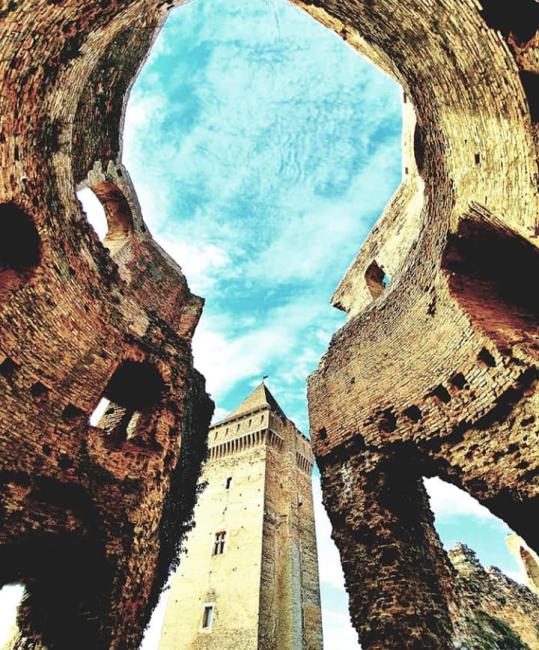
Be.CULTOUR expresses the goal to move beyond traditional tourism towards a longer-term human-centred development perspective, enhancing cultural heritage and landscape values.
The overarching goal of Be.CULTOUR is to co-create and test sustainable human-centred innovations for circular cultural tourism through collaborative networks/methodologies and improved investments strategies. Targeting deprived, remote, peripheral or deindustrialized areas and cultural landscapes as well as over-exploited areas, the project’s local heritage innovation networks will co-develop a long-term project in the areas involved enhancing inclusive economic growth, communities’ wellbeing and resilience, nature regeneration as well as effective cooperation at cross-border, regional and local level.
The project is built on three key principles and approaches:
- Human-centred long-term development & design
- Circular economy and circular city/territory
- Open and Collaborative Innovation
Be.CULTOUR adopts as a key concept and approach the enhancement of the human dimension of sustainable development in cultural tourism focusing on long-term heritage-led strategies . This human-centred approach places real people and communities at the centre of the co-development of new services, products, policies and practices that respond to specific needs of integrated development strategies through tailor-made solutions.
The project will contribute to an “integrated territorial development” through the adoption of circular economy models in cultural tourism as a way to facilitate the transition towards sustainable cultural tourism. This will consist in an efficient use of natural resources, respecting the authenticity and identity of host communities, including the conservation of tangible and intangible cultural heritage, recognizing its symbolic significance and generating socio-economic benefits.
Finally, Be.CULTOUR supports the creation of networks among actors with different backgrounds and capabilities, strengthening regional and local cooperation. The integration of environmental sectorial policies with cultural and tourism policies and funding sources will be realized experimenting relevant cross-sectorial synergies in pilot and mirror regions. Long-term synergic cooperation and collaboration models will be adopted at all levels: local, regional, inter-regional / cross-border and cross-sectorial.
